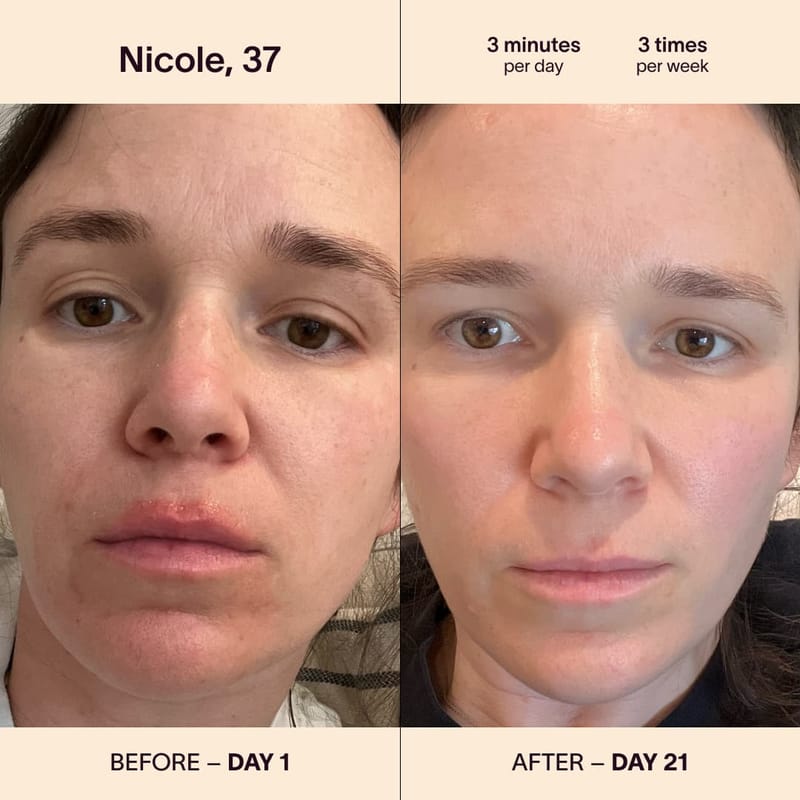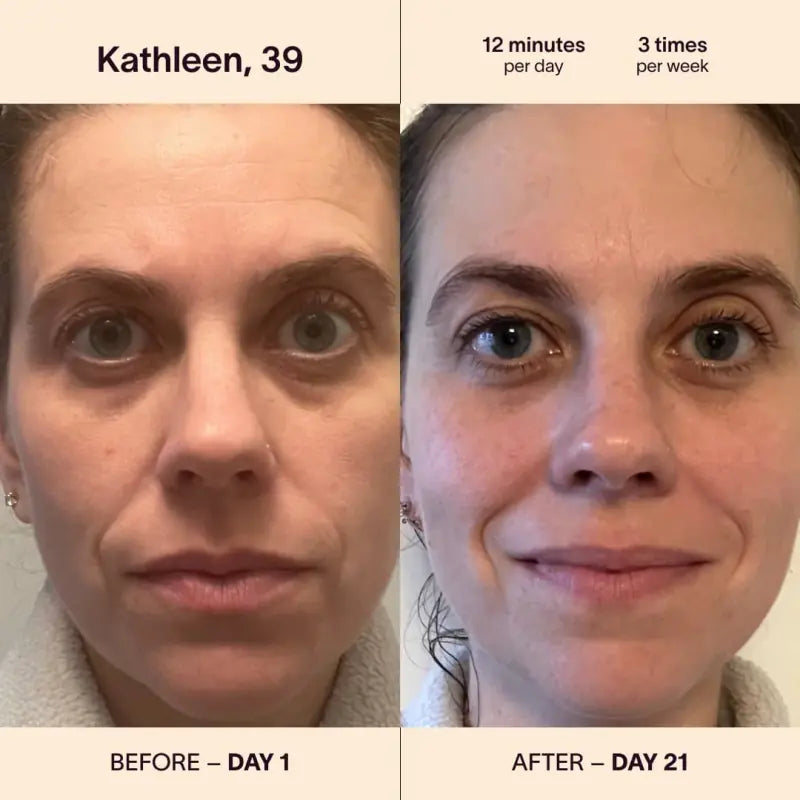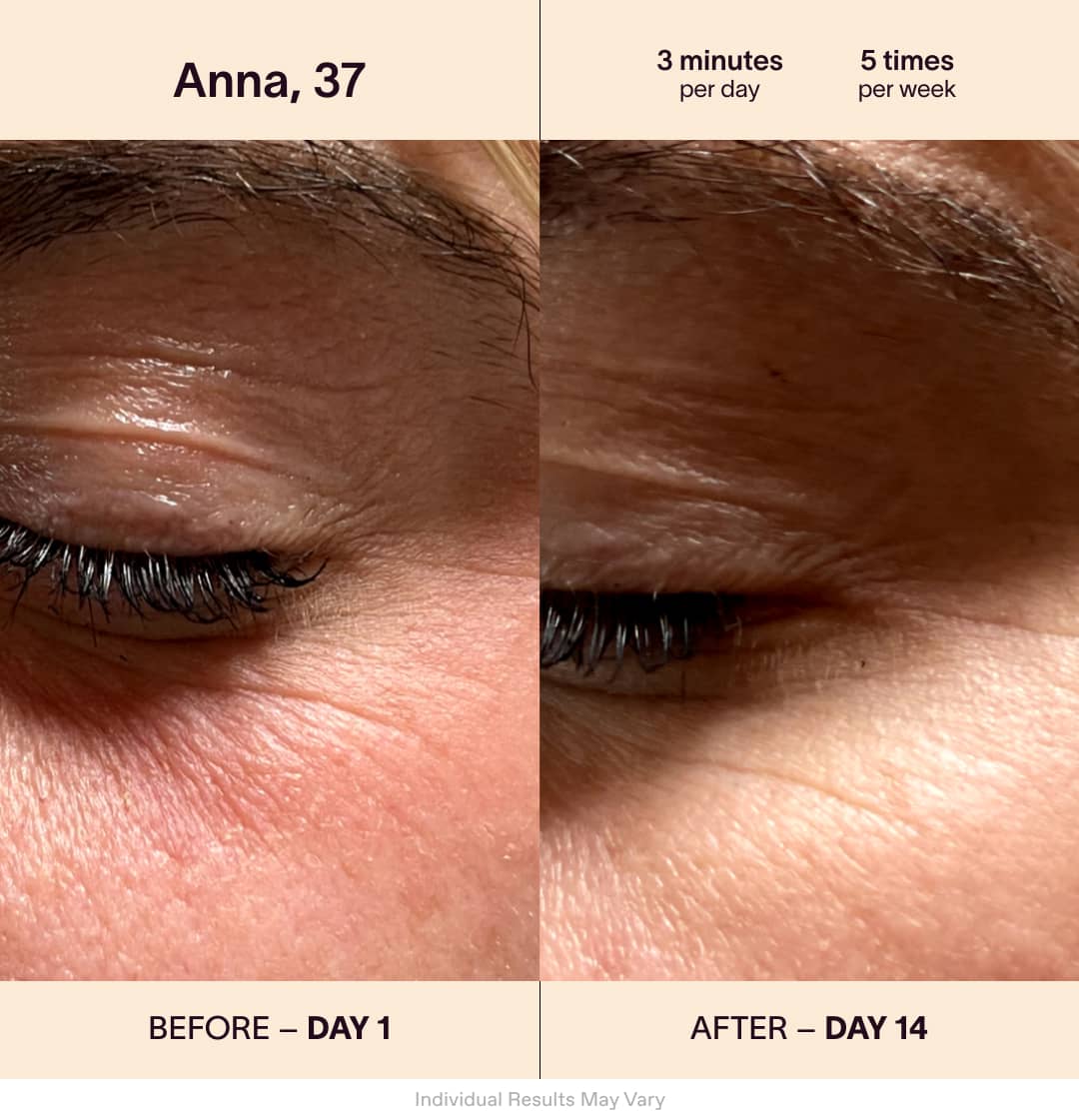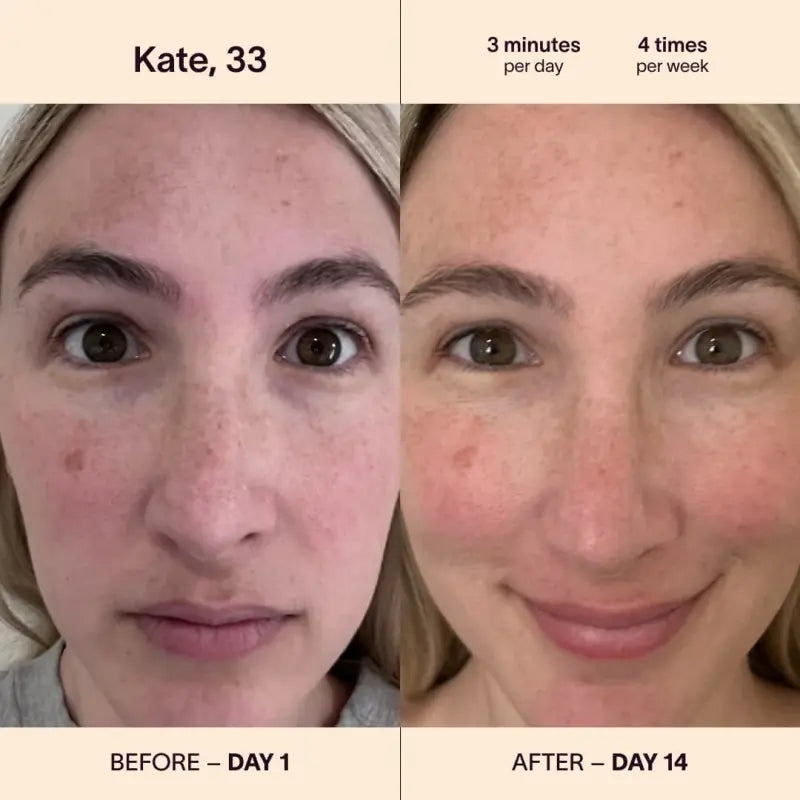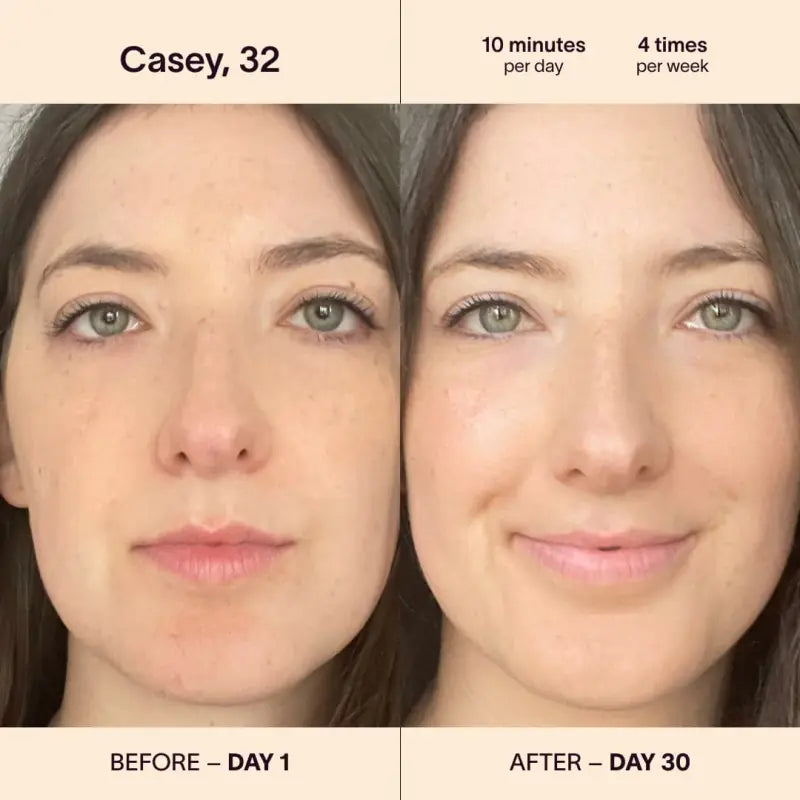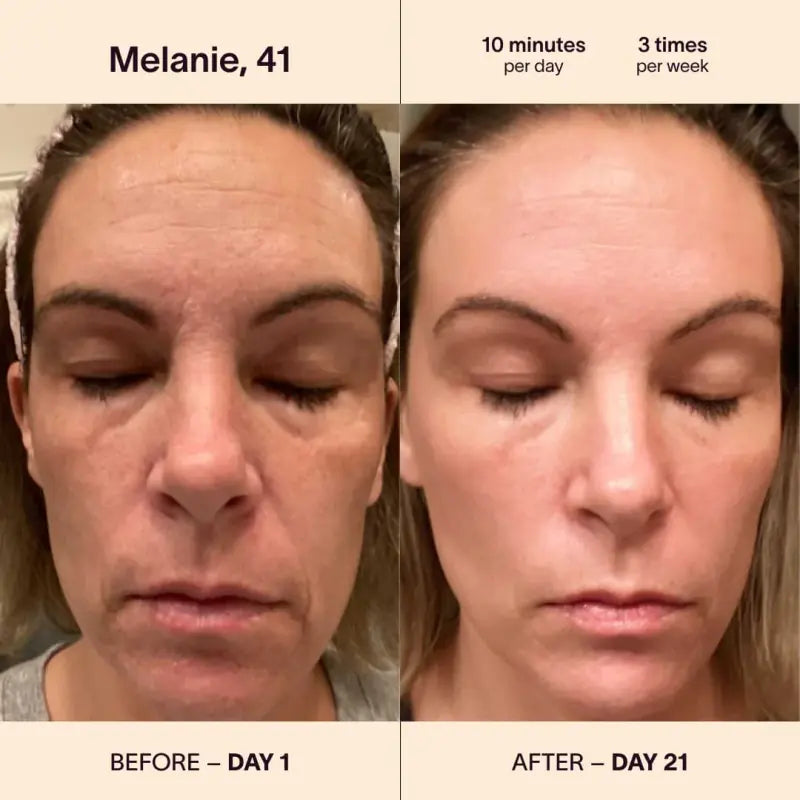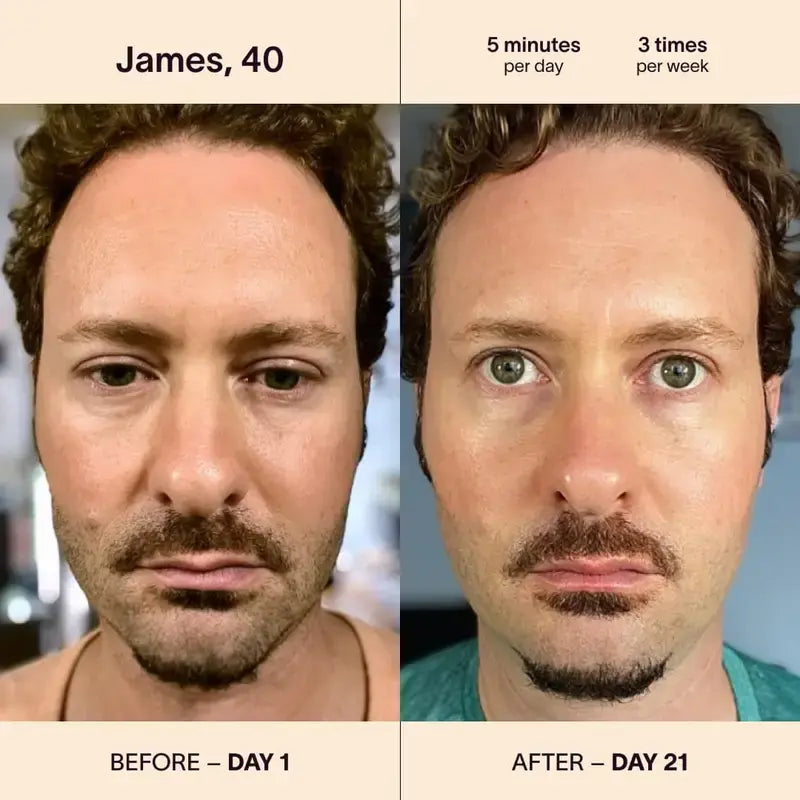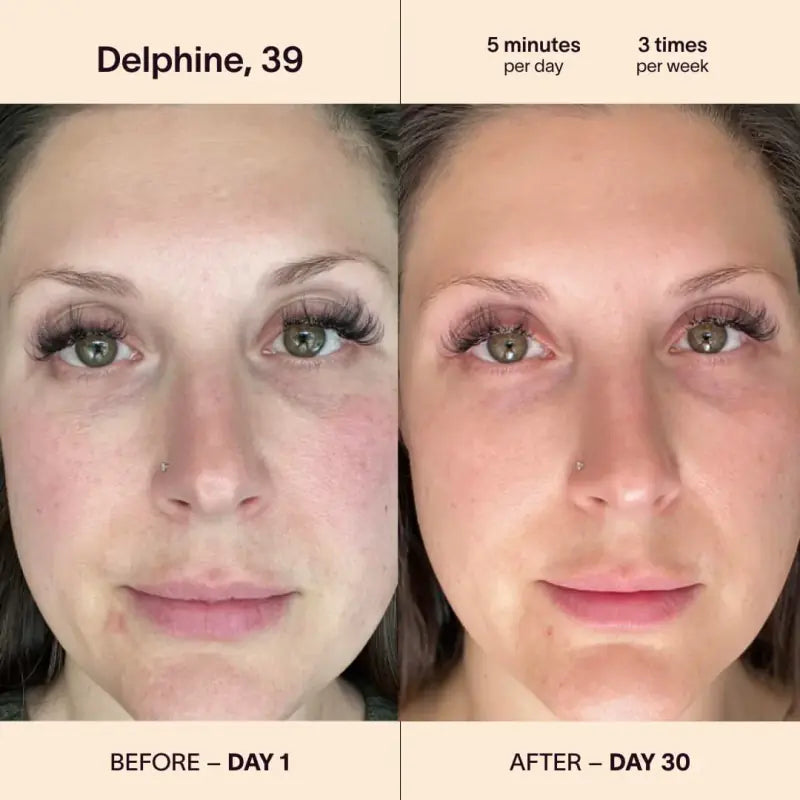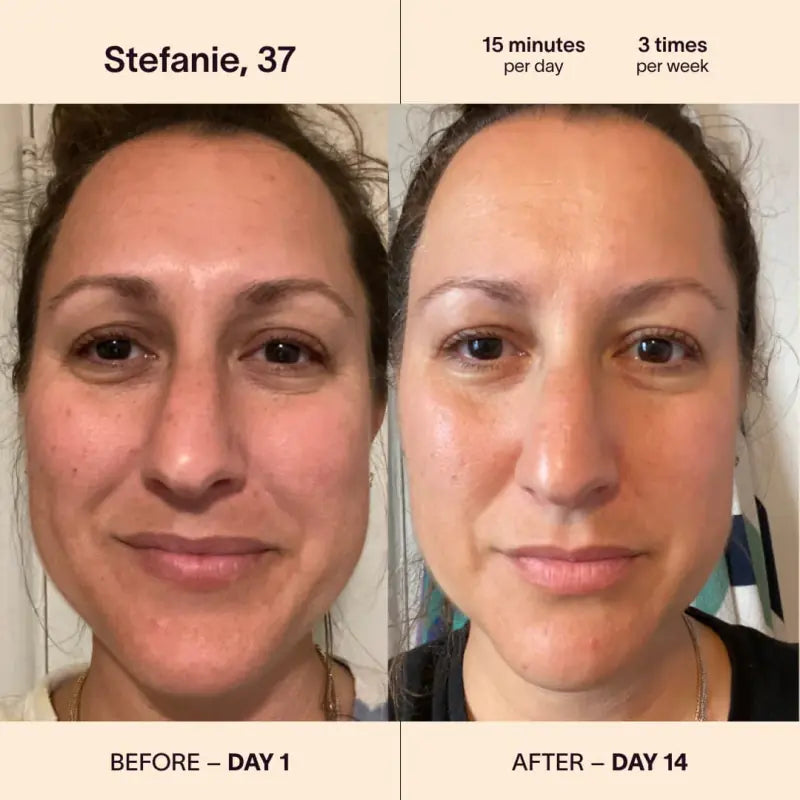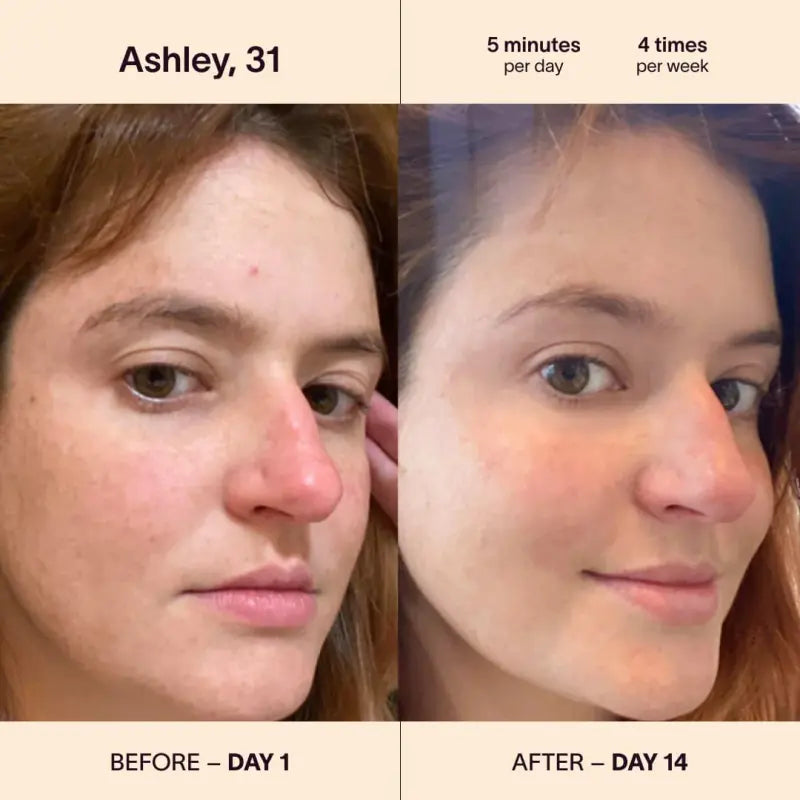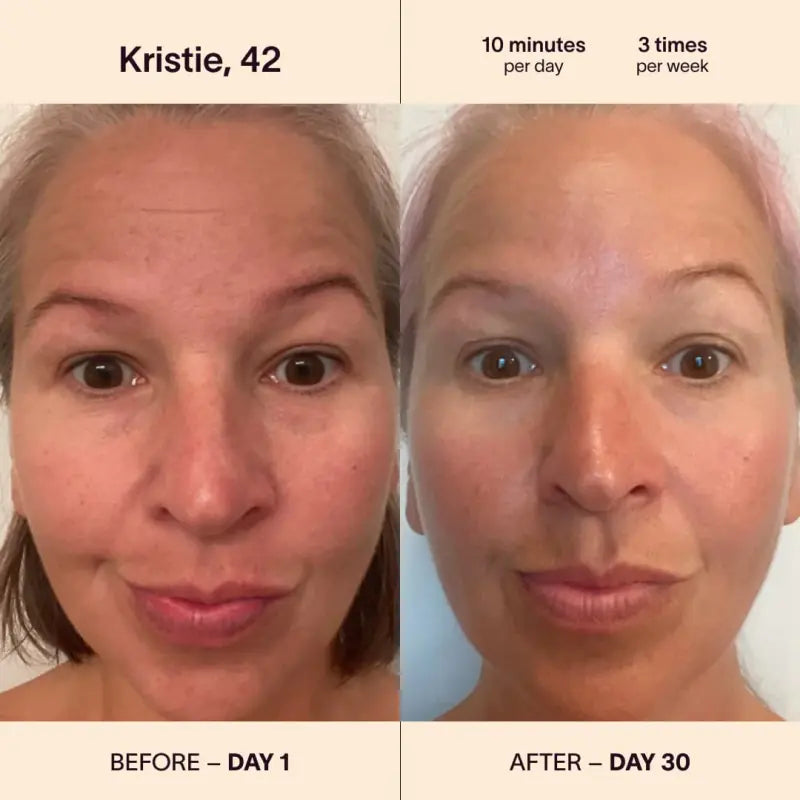An activating serum is a specialized skincare product designed to boost the skin's natural processes and enhance its overall health and appearance. Unlike standard moisturizers or cleansers, these serums are highly concentrated, delivering potent ingredients directly to the skin. Their role in skincare is multifaceted, targeting specific concerns like aging, hydration, or brightness. Due to their concentrated nature, activating serums offer more pronounced and quicker results than traditional skincare products, making them a vital component in any skincare regimen.
Types of Serums for Specific Needs
Hydrating serums, particularly those with hyaluronic acid serum, are essential for anyone seeking to boost their skin's moisture levels. Hyaluronic acid is renowned for its ability to hold up to 1000 times its weight in water, providing unparalleled hydration to the skin. These serums work by drawing moisture into the skin, keeping it plump, hydrated, and youthful-looking. They are especially beneficial for those with dehydrated skin but can be advantageous for all skin types due to their gentle and effective hydrating properties.
Antioxidant serums are designed to shield the skin from environmental aggressors like pollution and UV rays. Ingredients commonly found in these serums include vitamins C and E, which are known for their ability to neutralize harmful free radicals. Consistent use of an antioxidant serum can help prevent premature aging, reduce the appearance of sun damage, and maintain the skin’s overall health and resilience against environmental stressors.
The advancement in skincare technology has introduced light therapy serum and device serum options. These serums are engineered to be used alongside specific skincare devices, such as LED masks or microcurrent machines. The formulations are often activated or more effective when used under certain types of light or with specific devices, therefore enhancing the overall efficacy of the treatment. This synergy between serum and device can lead to faster, more noticeable results, particularly in terms of skin rejuvenation and healing.
Serums for Targeted Skin Issues
When targeting wrinkles, selecting a serum for wrinkles that contains active ingredients like retinol or peptides is crucial. These ingredients are effective in stimulating collagen production, which is key to reducing the appearance of wrinkles. Collagen helps in firming the skin, thus diminishing the depth and visibility of wrinkles. Additionally, these serums often contain antioxidants that protect the skin from further damage, ensuring a more youthful complexion over time.
To specifically target fine lines, look for serums that focus on hydration and skin elasticity. They work by plumping up the skin, therefore reducing the appearance of fine lines. These serums also help in maintaining the skin’s moisture barrier, which is essential for preventing the formation of new fine lines. Regular use can lead to smoother, more radiant skin. For those with specific skin issues, custom serums can be a game-changer.
Serums for hyperpigmentation are formulated to tackle uneven skin tone and dark spots. Key ingredients in these serums include vitamin C, kojic acid, and alpha arbutin. These components work by inhibiting melanin production, the root cause of hyperpigmentation. With consistent application, these serums can gradually lighten dark spots and lead to a more even skin tone.
Compatibility with Skincare Regimen
Integrating an activating serum into your existing skincare routine requires thoughtful consideration of product compatibility. It's essential to pair serums with products that complement their function and don't counteract their benefits. For example, if using a hydrating serum, follow up with a moisturizer that seals in hydration. Similarly, when using a serum with active ingredients like retinol or alpha hydroxy acids, ensure that your sunscreen provides adequate protection, as these ingredients can make the skin more sensitive to UV rays.
Device serums are designed to be used in tandem with specific skincare tools, enhancing both the serum's and the device's effectiveness. For instance,
serums formulated for use with LED light therapy might contain ingredients that are activated by the light, providing targeted treatment. When using these serums, it's crucial to follow both the serum's instructions and the device's guidelines to achieve the best results and avoid any potential skin irritation or damage.
Layering skincare products correctly is key to enhancing the efficacy of your serums. A general rule is to apply products from the lightest to the heaviest consistency. Start with a cleanser, then apply your serum, and follow up with a moisturizer and sunscreen. This technique ensures that each product is absorbed properly without hindering the penetration of others. Remember, water-based serums should be applied before oil-based products.
The frequency and timing of applying your serum can significantly impact its effectiveness. Most serums are best applied twice daily, in the morning and at night. However, some ingredients, like retinol, are more suitable for nighttime use as they can increase sun sensitivity. Conversely, antioxidant serums are ideal for daytime use to protect against environmental stressors. It's also important to allow each serum time to absorb fully before applying the next product in your routine.
Selecting Serums for Different Skin Types
Selecting the right serum for your skin type is crucial in achieving optimal skincare results. Each skin type has unique needs, and understanding these can guide you in choosing a serum that effectively addresses your specific concerns. It's not just about the active ingredients; the formulation of the serum should complement your skin's characteristics and requirements.
-
Sensitive Skin: Choosing a serum for sensitive skin requires careful consideration to avoid irritation. Look for serums with calming ingredients like aloe vera, chamomile, or centella asiatica. These ingredients soothe the skin and reduce redness and inflammation. Avoid serums with high concentrations of acids or retinol, as these can be too harsh. Fragrance-free and hypoallergenic serums are also preferable, as they are less likely to cause adverse reactions.
-
Oily or Acne-Prone Skin: LSeek out serums with salicylic acid, niacinamide, or tea tree oil – ingredients known for their ability to control excess oil and prevent breakouts. It's also beneficial to choose serums that are non-comedogenic, meaning they won't clog pores. Lightweight, water-based serums are ideal, as they provide the necessary treatment without adding extra oil to the skin.
-
Dry or Mature Skin: Ingredients like hyaluronic acid, glycerin, and peptides are excellent for retaining moisture and improving skin elasticity. For mature skin, look for serums that also contain antioxidants like vitamin C to combat signs of aging and environmental damage. These serums not only hydrate but also help in restoring the skin’s natural barrier.
-
Patch Test for Allergy Concerns: Before incorporating a new serum into your routine, especially if you have sensitive skin, it's crucial to conduct a patch test. Apply a small amount of the serum to a discreet area of skin, such as behind the ear or on the inner arm, and wait 24-48 hours. If there’s no reaction, it’s generally safe to use. This step is important to avoid potential allergic reactions and ensure the serum is suitable for your skin.
Remember, the right serum can make a significant difference in the health and appearance of your skin. Along with considering your skin type, pay attention to how your skin responds to the serum over time. Adjust your choices as needed, and don't hesitate to consult a dermatologist if you're unsure about the best option for your skin.
Incorporating Serums into Skincare Routine
Proper application of a serum is key to maximizing its benefits. Begin by cleansing your skin to remove any impurities or makeup. After cleansing, apply a toner if you use one; this helps to prepare your skin to absorb the serum more effectively. Then, apply a small amount of serum gently onto your face and neck using your fingertips. Pat it lightly until it's absorbed. Avoid tugging or rubbing the skin. Finally, follow up with a moisturizer to seal in the serum and provide additional hydration. If you’re using multiple serums, apply them in order of their viscosity, starting with the thinnest. If you use a treatment like retinol or a chemical exfoliant, consider alternating these with your serum, rather than layering, to prevent irritation.
Your skincare routine can vary from morning to night, especially when it comes to serums. In the morning, focus on serums that protect against environmental stressors, like an antioxidant serum. In the evening, use serums that support repair and regeneration, like those with retinol or peptides. This approach leverages the natural rhythms of your skin, optimizing the serum’s effects.
Skin needs can change with seasons, age, and environmental factors, so it's beneficial to periodically assess and rotate your serums. For instance, you might need a more hydrating serum in the winter and a lighter formula in the summer. Regularly evaluating your skin's condition and adjusting your serums accordingly ensures that your skincare routine remains effective over time. Remember, what works today may not be the best choice a year from now.
In conclusion, the journey to finding the perfect serum is highly personal and can vary based on individual skin types, concerns, and goals. It's important to be informed about the ingredients and benefits of different serums and to choose products that are suitable for your skin type and concerns. Don’t forget to perform patch tests for new products and adjust your choices as your skin’s needs change over time. With the right knowledge and a thoughtful approach, you can effectively enhance your skincare routine with the ideal serum, leading to healthier, more radiant skin.



